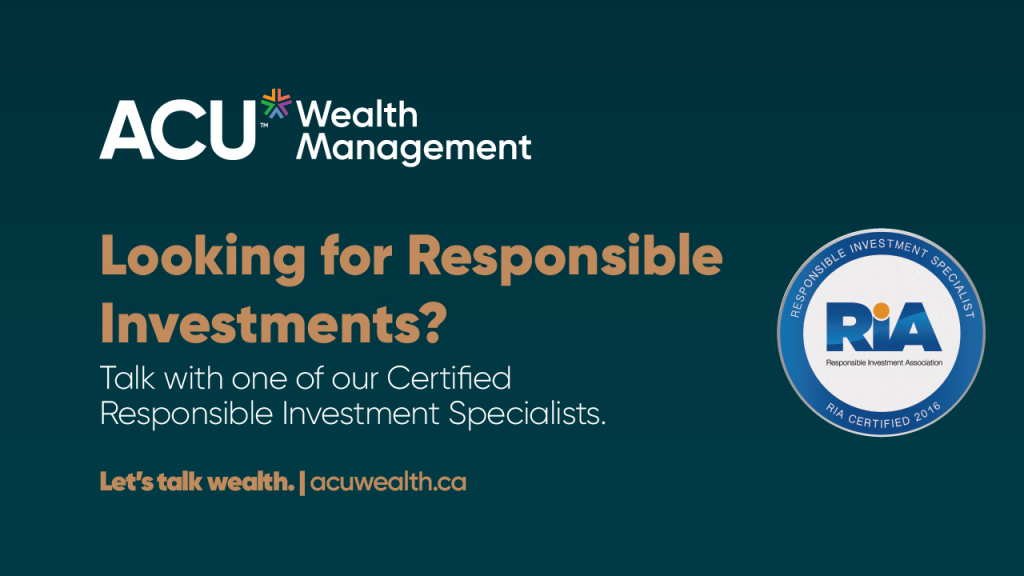What questions should I ask my financial advisor?
Manitobans need professional financial advice now more than ever. After battling through the pandemic together, dealing with rising inflation, rising gas prices and other expenses, it’s important to stay on top of our personal wealth.

However, a report by the Financial Planning Standards Council discovered that 36% of Manitobans are not confident about achieving their financial goals.
And with almost two-thirds of Canadians without an employer pension program, the average person increasingly needs financial help to ensure a comfortable retirement. However, 65% of Canadians still don’t have a professional financial advisor.
Healthy finances are difficult to achieve on your own. If you’re thinking about working with a financial advisor, or if you already have one but want to check you’re working with the right partner, these questions could help ensure you, your money and your future are set.

Questions about them
What are your qualifications? Ask the financial advisor about training and certifications. Are they a Certified Financial Planner, for example? This designation is often considered one of the better ones for all-around financial advice.

Which organization regulates you? For example, is it a provincial regulatory authority or a not-for-profit professional body?
How long have you been a financial advisor? Over three years is preferable.
Their investment and planning style
What is your financial planning style? Do they take a holistic approach and consider all of your assets and needs?
What is your process? Ask the financial advisor about their modeling or research process, which can be different depending on the organization or type of advisor, to get insight into the potential returns.
How do you choose your investments? This will give you some additional insight into their processes and expertise.
Do they consider socially responsible investments? This strategy has taken off in recent years and may align with your values. Ask if responsible investing (RI) is part of their plan, and if Environment, Social and Governance (ESG) funds are considered.


Socially responsible investments have taken centre stage: Impacts of COVID-19
Their plans for your money
How do you plan on investing my money? Have them explain what they will invest in and why. Is it tailored to your circumstances?
How will you consider my assets that you won’t be managing? Good planners will take into account existing investments, such as a company pension plan and real estate.
How will I know if my money is growing sufficiently? What goals will they set, will they track an index and which strategies will they use if they fall short?

What tax breaks can I take advantage of? Good planners will help you maximize tax breaks, for example, by saving in TFSAs.
The relationship

How do you get paid? Are they paid by you, their employer or through commission/referral fees?
What will I get for the fee? What exactly is included and what isn’t?
How do we communicate? By phone, email, virtually or in-person? How often do they meet with you and are you able to connect with them when needed?
Do you provide written financial plans? Get your financial plan written out, ensuring this includes costs, so you have a clear understanding of the approach.
What will happen when you retire? Who will take over your financial planning?
Are you a good fit?
What services do you offer and what can’t you offer? You want to be sure they can help with all of your needs.
Whose interests do you put first? Do they have a written statement putting your interests above their own? (Naturally, the answer should be you as the member or client.)
How often will you contact me or meet with me? Usually, this can be customized to suit your preference. Be clear about your expectations at the start to confirm they can meet your needs.
What is your ideal client? Does this line up with who you are as an investor, and will you feel like you’re the right fit for each other?
Starting the conversation

At ACU, our financial advisors will happily sit down with you and discuss these questions to ensure you have all the answers to make the right decisions about your financial future. We take a holistic approach to your finances and recommend our financial advisors will help develop a financial plan that is right for you and your goals.

Book an appointment with an ACU financial advisor to learn more about their process and how to get started with investments, so your money can do more — with your values in mind.
Up Next
Celebrating the 10th anniversary of student-run credit union
Just over 10 years ago, a survey circulated at Winnipeg’s Technical Vocational High School. The results showed that students at the school, commonly known as Tec Voc, felt short-changed—they were…
Kilter Brewing Co. serves up craft beer and community connection in St. Boniface
Deep in the heart of St. Boniface, Kilter Brewing Company is a hidden treasure—an oasis for Winnipeggers to escape their day-to-day routines, enjoy craft beer and connect with their community….
How to use a mortgage calculator to budget better
Learn how to use ACU’s mortgage calculator to figure out how much mortgage you can afford, and what budget you should set before you start house hunting. A mortgage lender…




